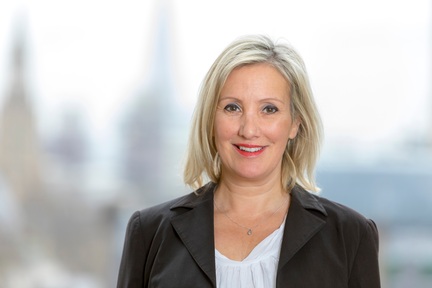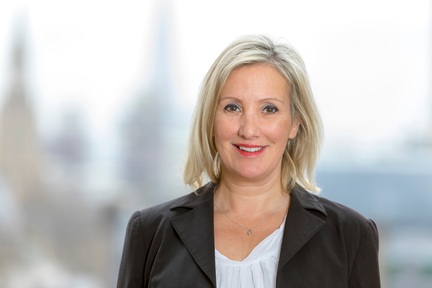With the General Election around the corner, what are different parties offering on health and social care?

The upcoming Election looks to be one of the tightest in history. What looks to be certain is there will be a new Coalition Government, and each party will be thinking how they can work with others, and where they can compromise.
One area that will certainly be part of negotiations is health and social care.
But what are the key parties offering, and what might be their ‘red lines’ that cannot be crossed in negotiations?
Their policies and pledges are outlined below.
Conservatives
The Conservatives pledge to continue investing in the NHS, and have guaranteed patients’ access to GPs between 8am and 8pm, seven days a week, by 2020. They have also pledged to fund more doctors and nurses by reducing NHS bureaucracy. In a recent interview with HSJ magazine, Health Secretary Jeremy Hunt hinted that powerful commissioning, rather than patient choice, will be what drives change and improvements. Watch this space for more details…
Liberal Democrats
Health is one of five policy priorities featuring on the Liberal Democrats’ Election manifesto cover. The party has pledged to invest £8bn a year in the NHS by 2020 – the only party to match NHS England Chief Executive Simon Stevens’s recent call. Care Minister Norman Lamb has also said health and social care funding should come through one department, rather than two as now (Health, and Communities and Local Government). They have also promised parity for mental health with physical health. Despite these attractive pledges, they have found it difficult to be heard whilst tethered to a larger party in government.
Labour
Labour’s focus is “whole-person” care. Integrating physical, mental and social care into one service, they want to change the system from tackling crises, to prevention. Patients would also be guaranteed a GP appointment in 48 hours; £2.5bn would be found to pay for more nurses, GPs, care workers and midwives; and the current Government’s Health and Social Care Act would be repealed – bound to be a ‘red line’ in any negotiations.
SNP
Despite only standing candidates in Scotland, the SNP are set to win a significant number of Westminster seats and be seriously considered in any coalition. Leader Nicola Sturgeon says her MPs will support measures restoring the NHS in England, as a way to secure NHS Scotland’s funding – as the two are linked through the Barnett formula that funds Scotland. Looking north for clues on their manifesto pledges, the SNP in Scotland has expanded GP opening times, and increased funding for free elderly personal and nursing care. These are likely to be their red lines in Westminster.
UKIP
Despite initial confusion over policy, UKIP have now pledged £3bn of annual NHS investment and a further £1bn in social care for older people each year. They too are keen to integrate health and social care and combine their budgets. Despite their funding commitments, leader Nigel Farage has also called for efficiencies, with NHS middle managers highlighted as a potential target. The Care Quality Commission would be abolished, with inspections taken on by local health boards in each UK borough and county. Their Coalition demands are likely to include greater devolution on health and social care.
Greens
Like the Labour Party, the Greens have pledged to repeal the Health and Social Care Act – giving a clear opportunity for agreement. They have also called for social care to be free for the elderly, funded by increasing taxation on the wealthiest. The Greens would introduce an NHS Tax to secure future funding, abolish dentistry and prescriptions charges, and scrap foundation hospital status to reduce private patient income. Theirs is the most ambitious programme, but also the most expensive.
Plaid Cymru
As with the SNP, the Welsh nationalist party only stand candidates in their home country, but could tip the balance in a Coalition deal. They want to see more integrated health and social care, extended access to GPs, and a greater focus on mental health. Their politics is most closely aligned with Labour, but their focus will be securing the best for Wales.
Latest Opinion News
 27-Sep-19
Comedian reveals complexities of performing for people with dementia
27-Sep-19
Comedian reveals complexities of performing for people with dementia
 23-Jul-19
Care home residents go wild for 30 days making daisy chains and counting bees
23-Jul-19
Care home residents go wild for 30 days making daisy chains and counting bees
 02-Jul-19
National festival to celebrate care workers
02-Jul-19
National festival to celebrate care workers
 24-Jun-19
Exclusive: Care Minister Caroline Dinenage tells care homes 'loneliness is everyone's business'
24-Jun-19
Exclusive: Care Minister Caroline Dinenage tells care homes 'loneliness is everyone's business'
 16-Apr-19
Exclusive: Care Minister Caroline Dinenage on EU care workers' rights after Brexit
16-Apr-19
Exclusive: Care Minister Caroline Dinenage on EU care workers' rights after Brexit